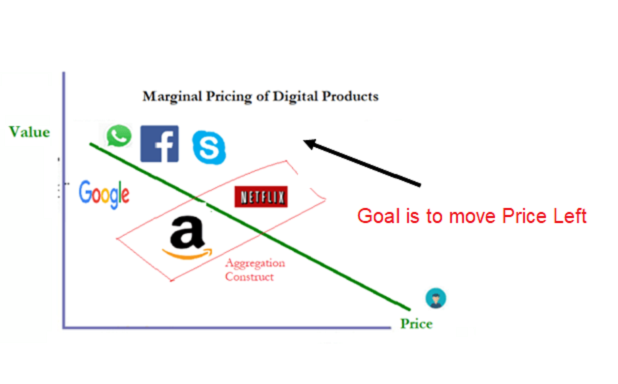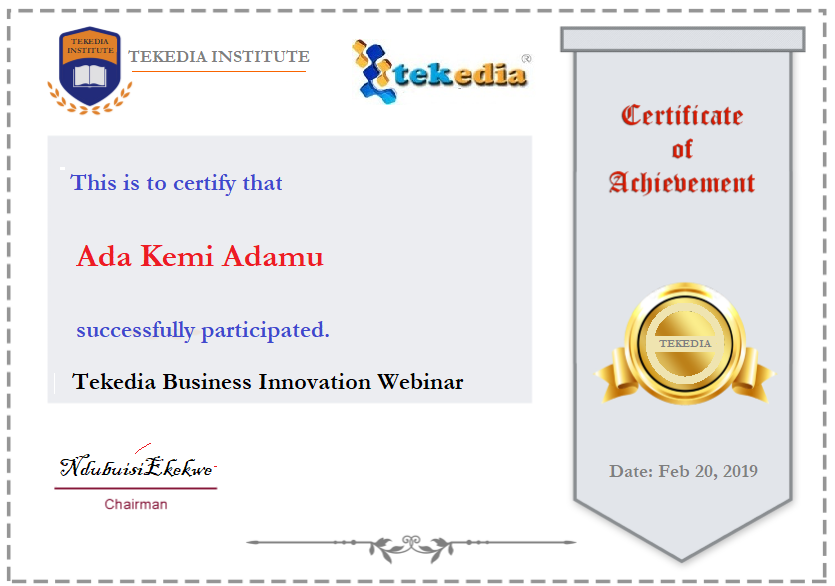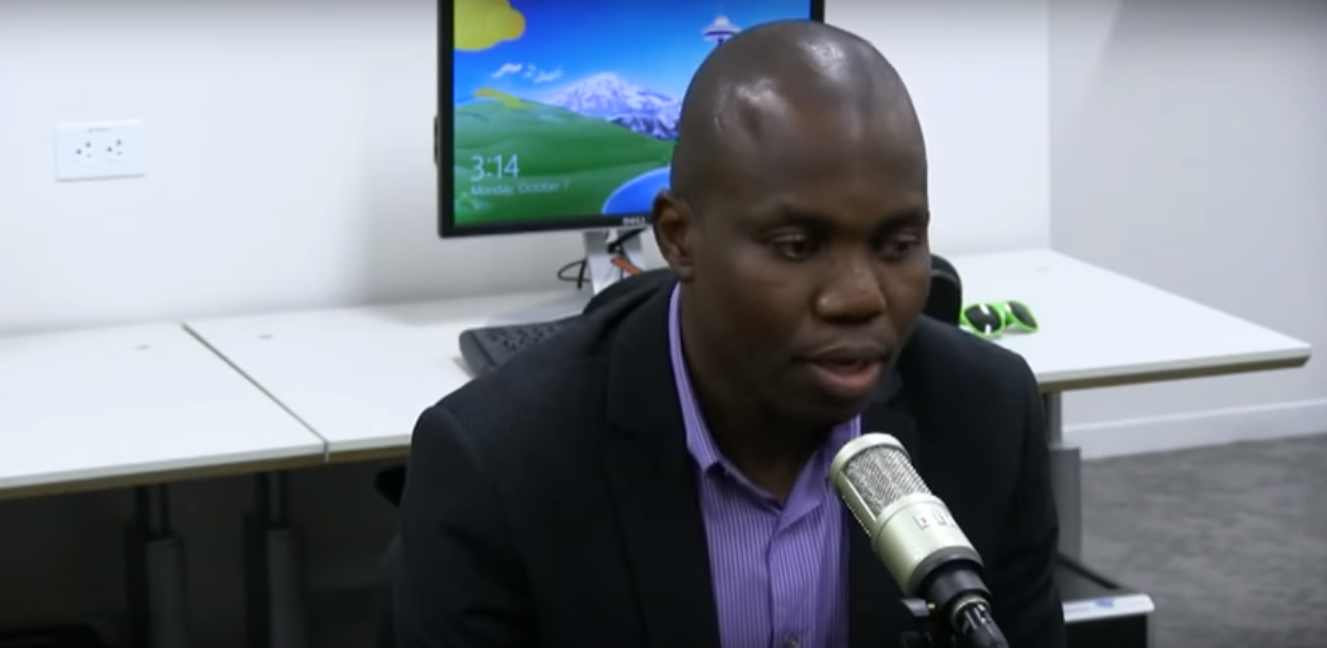Who can motivate your team? Before Ole Gunnar Solskjaer arrived, Manchester United was talking of shipping Pogba, but today he is doing great things for the Red Devils, as I noted few days ago. Until you find what can motivate or who can motivate your team, you may struggle to take that mission to the mountaintop. Simply, you must find the Solskjaer in that business.
Arianna Huffington, Founder of Huffington Post, quoting my work, wrote: “Writing in the Harvard Business Review, Ndubuisi Ekekwe, founder of the non-profit African Institution of Technology, notes how over-connectedness is actually bad for the bottom line. “We’re also jeopardizing long-term productivity by eliminating predictable time off that ensures balance in our lives,” he writes.”
Yes, to get to the mountaintop, you need to motivate, making sure that the motivation is linked to workplace performance. Based on many research works, workplace performance has positively correlated with work-life balance despite the point Elon Musk made via a recent letter to Tesla employees.
Yet, it goes beyond motivation. The key question for you is this: are you motivating the right people in the firm? Until you can motivate the right people, your mission will certainly fail. Yes, you must recruit, train, and then Call to Mission the right people to find success.
The disciples and indeed the Apostles practically executed the mission they were called. But I can assume that at the beginning none might have expected it the way it happened. From companies to nations, those that answer great missions typically shape everything. But sometimes they do pay severe personal penalties. At different levels, a Call to Mission requires extremely committed people. Even in your business, you must have that capacity to find and recruit people that can help you execute a great mission. You must prepare them. Equip them. And push them to come and get glory. Our Jesus has a great template on how to accomplish missions: build and prepare an extremely committed team.







